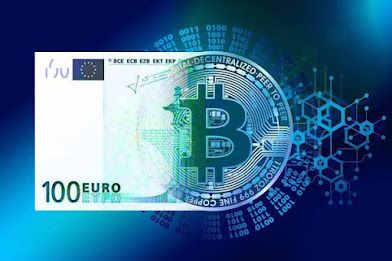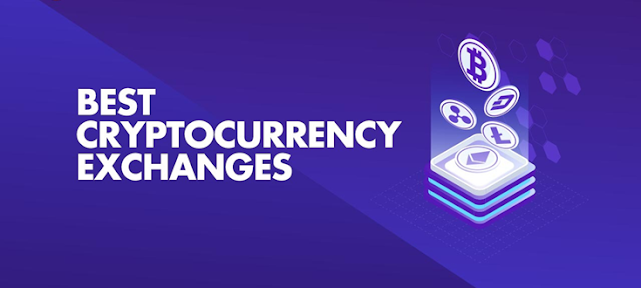The No-code revolution is inevitable. Here is what it means for your business.
What is no-code? No-code (with or without a hyphen) simply means programming without the use of code. This includes, but not limited to; webpages, mobile applications, and scripts. New programming languages like Python have made it a little easier to write code, but generally, there is still a steep learning curve. It is also important to note that you may need to learn two or more programming languages for you to entirely design and build a website or mobile application – or spend thousands of dollars hiring or contracting a software engineer. No-code platforms intend to significantly reduce the burden of acquiring technical knowledge of programming languages, and according to statistics, it seems they are succeeding. In 2021, research firm Gartner forecasted a 23% increase in the global market for low-code/no-code development tools. It also projected that over 65% of all mobile application development activities will be through low-code/no-code platforms. So, how do no-code plat...







